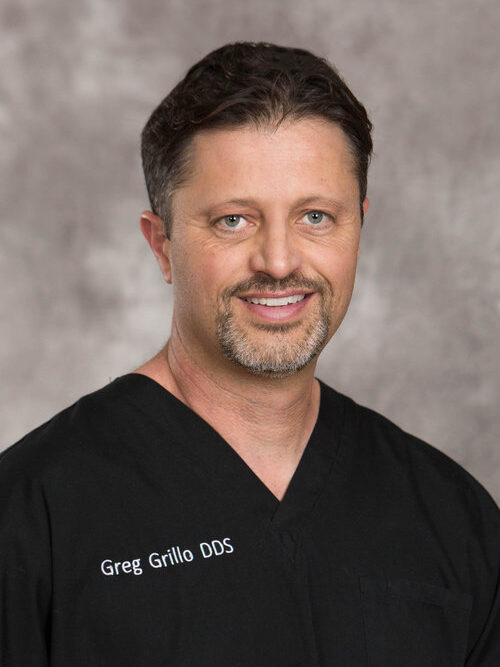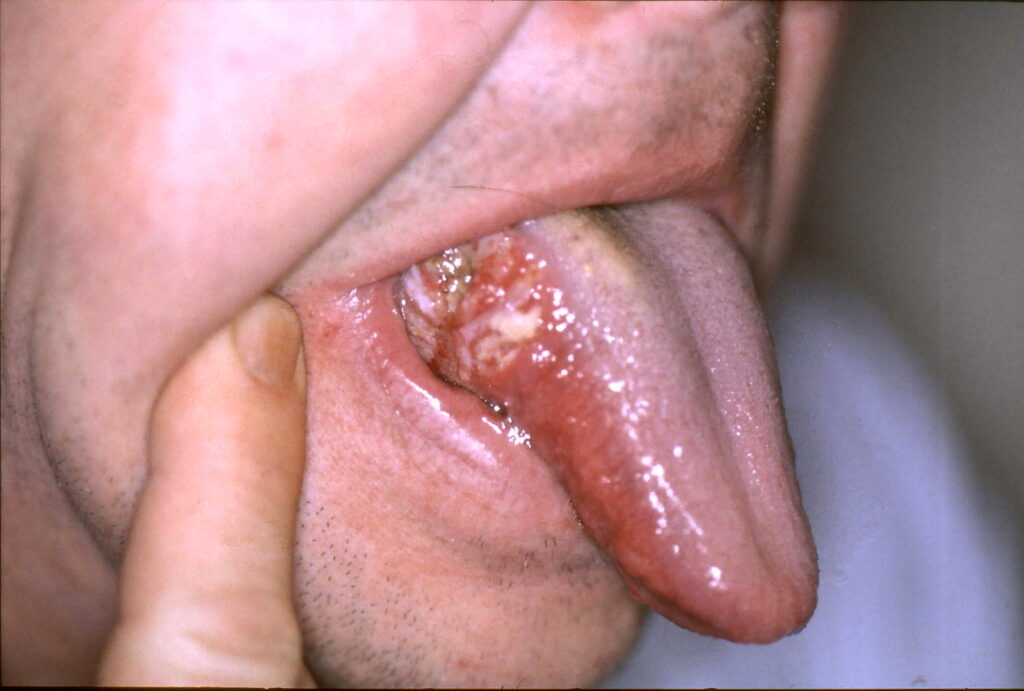Today we’re going to talk a little bit about oral cancer. You may have heard about it or known someone that’s dealt with it. Every year, more than 50,000 Americans are diagnosed with oral cancers and oropharyngeal cancers. According to the American Cancer Society, oral cancer is a fairly deadly form of cancer and claims more than 10,000 lives each year. It’s a very serious condition and something that it’s good to know a little bit about.
Most of the people who get oral cancer are smokers, but non-smokers can be afflicted as well. Both men and women are affected by oropharyngeal cancers. The average age at diagnosis is 64, but over 20% of oral cancers occur in people younger than 55 years of age.
So, let’s dive into 5 facts about oral cancer that you may not know.
Oral cancer is of two different types
The term oral cancer refers to a cancer that’s in the tongue, mouth, lips, or cheeks. Usually, it is from tobacco use. That’s traditionally the issue. It can be due to other causes, even, believe it or not, poor-fitting dentures or chronic irritation (like if you’re always biting your tongue). This can be a very aggressive form of cancer and it can be fairly difficult to treat as well.
The second type is oropharyngeal cancer. This refers to cancer in the structures at the back of the mouth. It includes the back of the tongue, the tonsils, and the upper throat. We do know that the same things like alcohol, tobacco, and trauma can be causes for oropharyngeal cancers.
But we’ve also learned in recent years that the human papillomavirus (HPV) is a common cause of this condition. This is a sexually transmitted virus. HPV is known more commonly as a cause of cervical cancer in women. But HPV is now something that is being seen as a cause of oropharyngeal cancer. So, there are a couple of different causes that you need to be aware of. You may need to make the decision with young people, whether they should have the vaccine for HPV prevention.
Oral cancer prevalence is changing
One type of oral cancer is moving downward in prevalence but the other one is on the rise, especially in younger people. Based on the above, you may be able to figure out which one is which.
Yes, there has been a decrease in tobacco use, which over time, has reduced the number of cancers in the oral cavity that are often seen in older people. But on the other hand, what’s happening is that there is a rise in oropharyngeal cancers. Often people in their 50s and 60s and even younger are developing oropharyngeal cancer. This is directly related to sexually transmitted HPV infections, which has been established in the research as a cause of oropharyngeal cancer. So, this is definitely something to be aware of.
Oral cancer can be very serious
More than 50% of the people that are diagnosed with oral cancer live longer than 5 years. But that also means that a lot of people do not. Oral cancer is the sixth leading cause of cancer deaths in the US. That obviously is pretty troubling. These can be fast-growing cancers. Also, they can go unseen because they don’t often cause a lot of pain.
But I will say that oropharyngeal cancers that are HPV-related have a much better prognosis. Approximately 80-90% of people with oropharyngeal cancer are alive beyond 5 years.
Nonetheless, both oral cancer and oropharyngeal cancer are very serious conditions. The treatment that goes into taking care of oral cancer is also a very serious issue.
Catching oral cancer early is important
We want to catch any oral cancer or oropharyngeal cancer as early as possible. You should look out for anything that persists in your mouth for more than 2 weeks. This is a good rule of thumb.
So, if you have a mouth sore that’s not healing or a lump or bump that’s persistent or seems to be getting bigger, get it checked out by your dentist. Obviously if you have swallowing problems or discomfort, any type of obstruction you can feel that’s persistent, it should definitely be evaluated. You do not want to let these things sit.
Seeing your dentist for dental check-ups twice a year is a good way to have that screening done. You may not realize it but when you’re seeing your dentist or dental hygienist, their eyes are always scanning the tissues in your mouth for anything concerning. You may think that they’re taking care of your teeth and your gums, which they are, but they’re also taking a look at the soft tissues of the mouth and noticing these types of things that might be a concern to their eye.
Early diagnosis can make a huge difference
When it comes to oral cancer, taking care of things early and getting them checked out can make all the difference between life and death or extensive treatment and maybe treatment that’s fairly simple. So, again, do not wait if you have any concerns about anything in your mouth. It’s just not worth it, with the troubling statistics that we’ve seen with these types of cancers. If you haven’t been to the dentist for a while, or you have dental fears or dental anxieties and need to find a dentist that you can trust, please reach out to us here at Express Dentist.
We have a trusted network of providers that we can connect you with, that’s what we’re here for. Please contact us and we will help you get the connection that will keep your mouth healthy and may even save your life. Most people don’t realize that a dentist, yes, a dentist, may actually help save their life. So, feel free to reach out, and all the best with your oral health.
About the author

Dr. Greg Grillo
Dr. Greg Grillo DDS studied at the University of Washington where he received a bachelors degree with Honors and later attended dental school on the same campus. Following school Dr. Greg served in the United States Navy as a dental officer. During this time he received advanced training in specialty areas of dentistry while also treating families of members of the military.
As well as sharing valuable information on dentistry and oral health, Dr. Greg remains a practicing dentist to this day. He works with families in the Okanogan Valley where he lives with his wife and three children.
- Dr. Greg Grillo#molongui-disabled-link
- Dr. Greg Grillo#molongui-disabled-link
- Dr. Greg Grillo#molongui-disabled-link
- Dr. Greg Grillo#molongui-disabled-link





